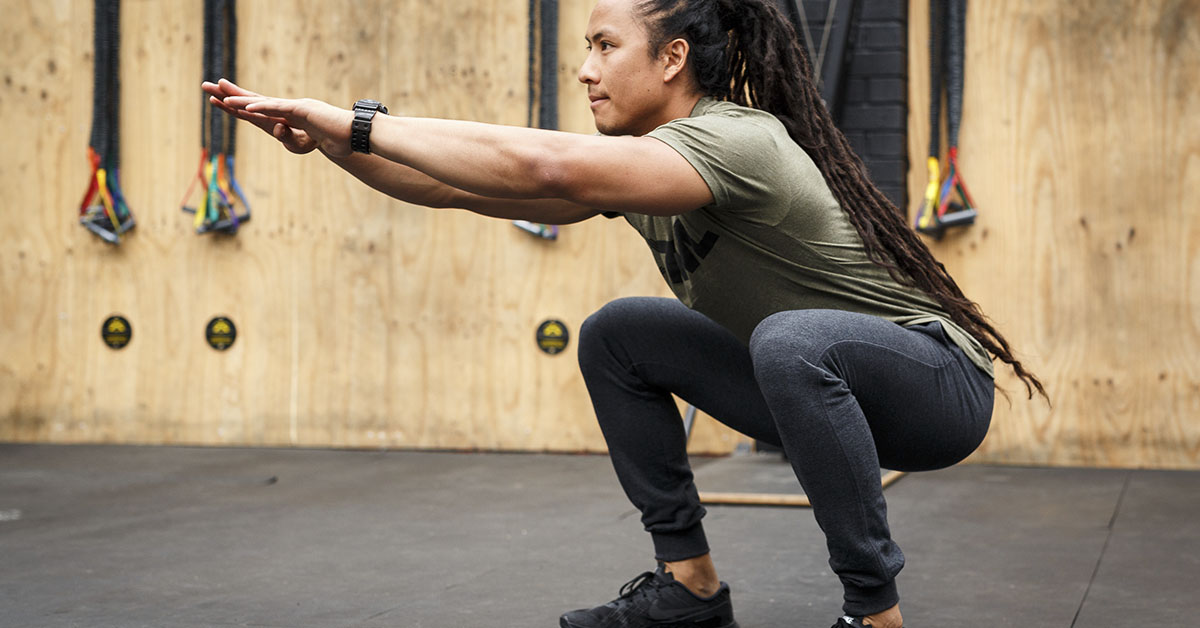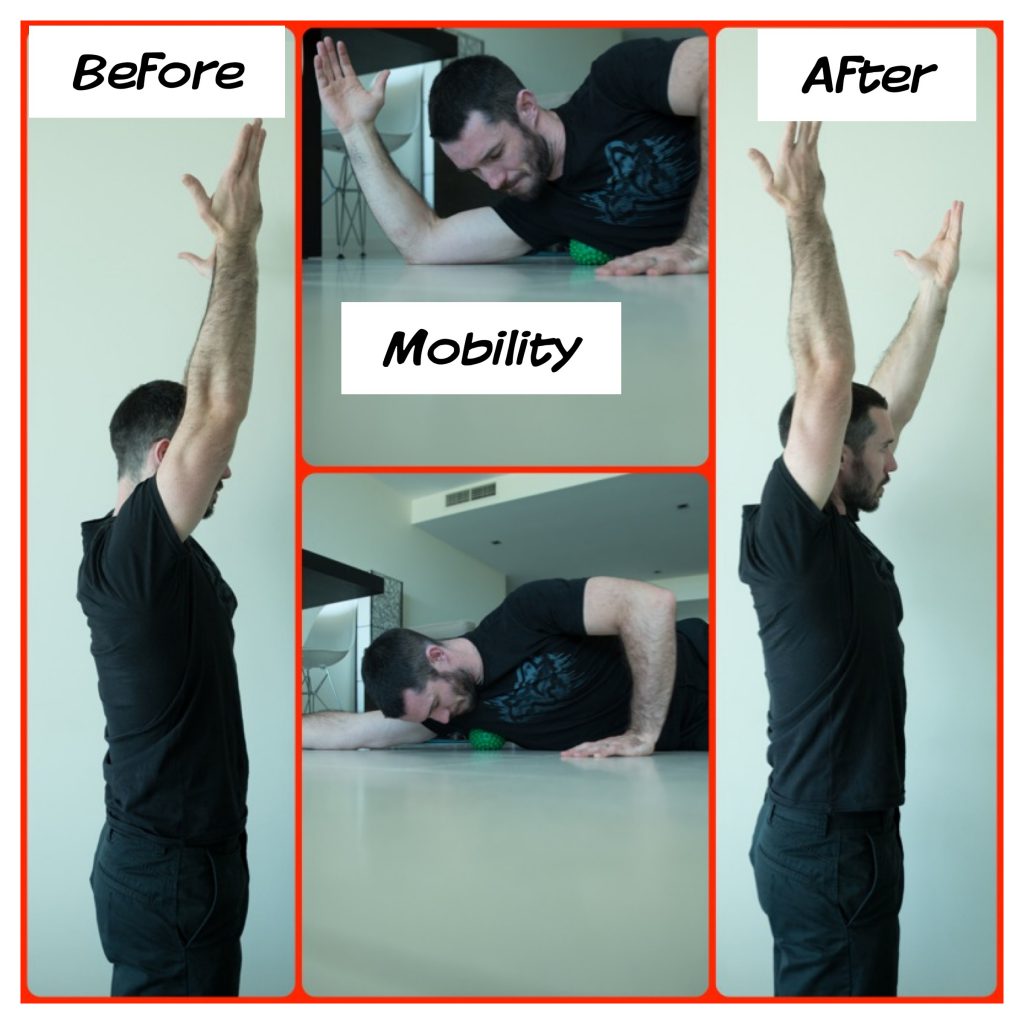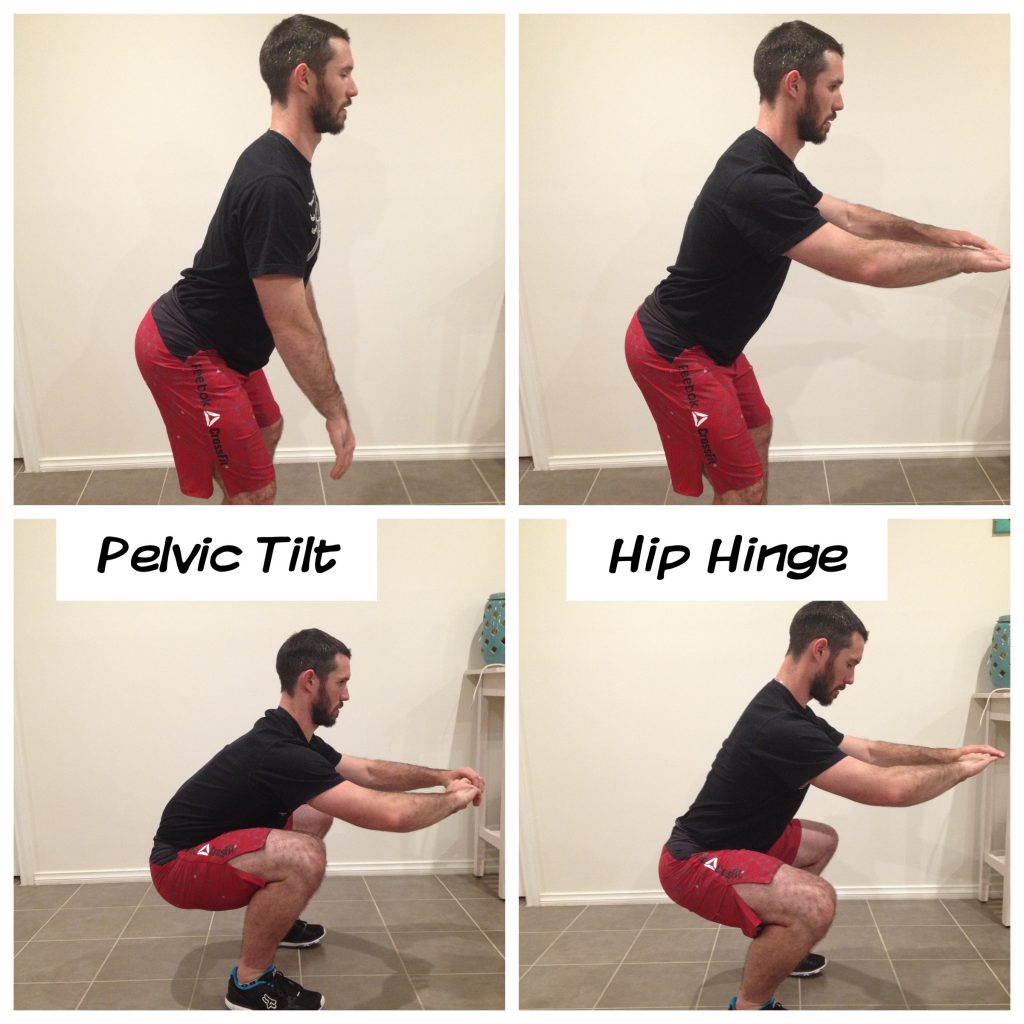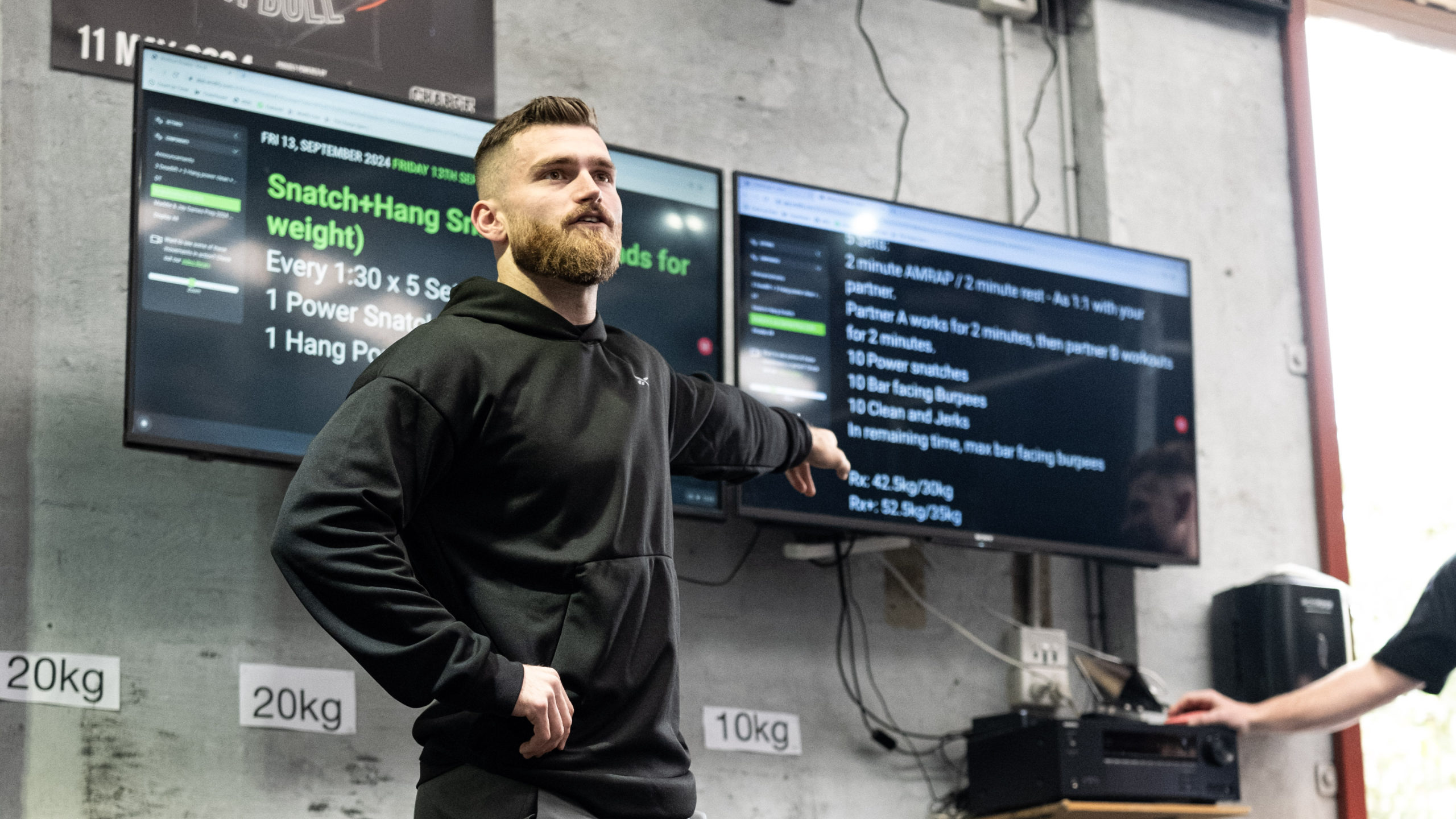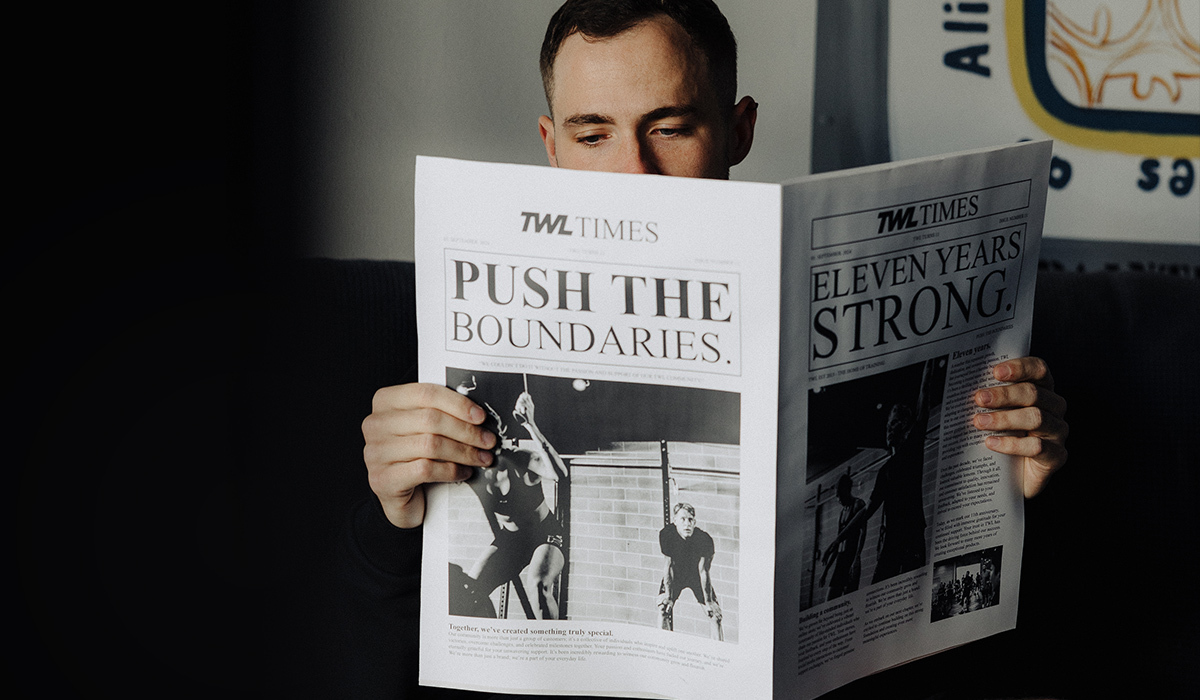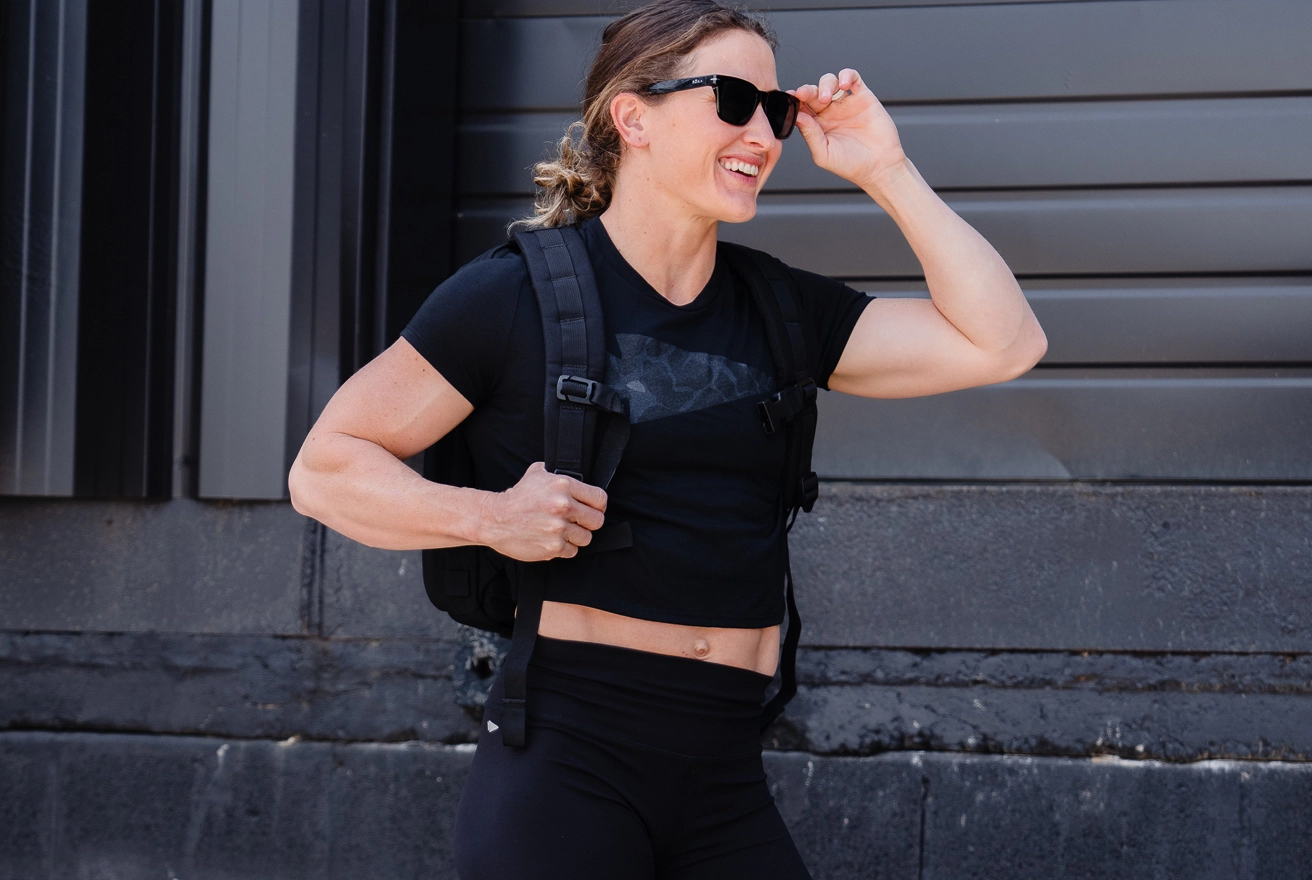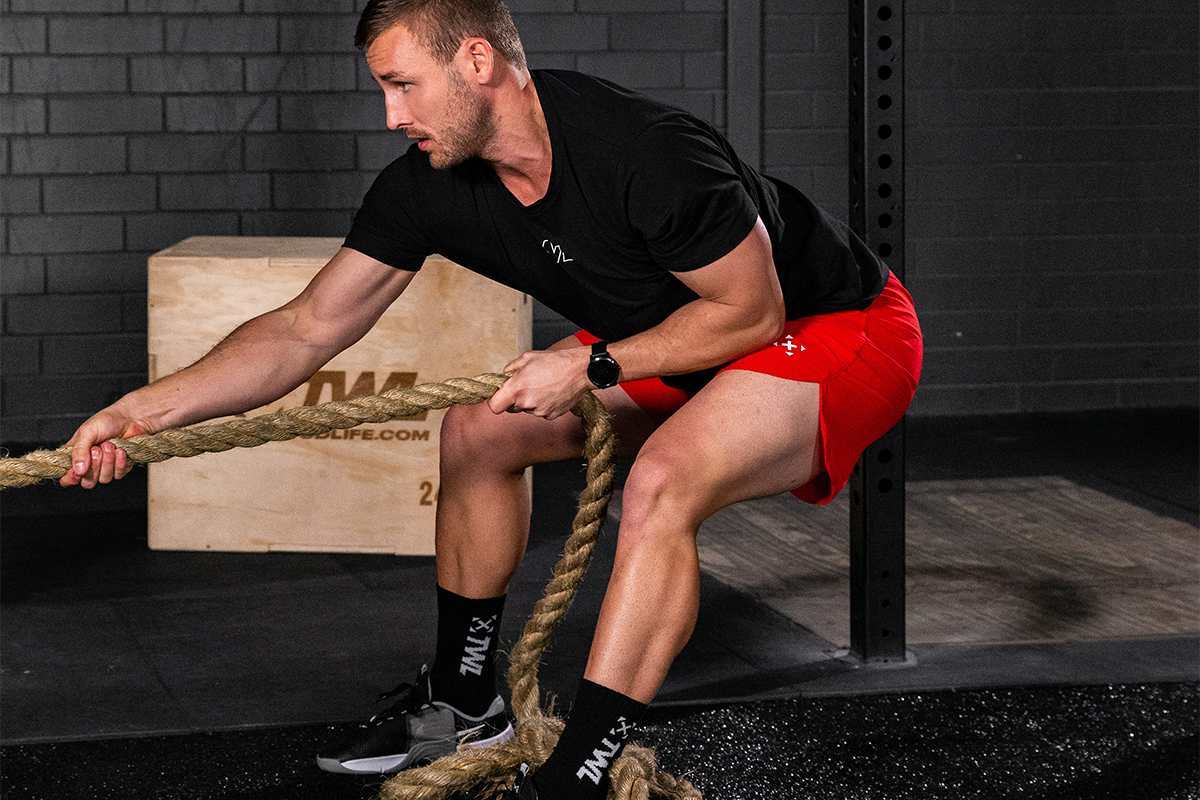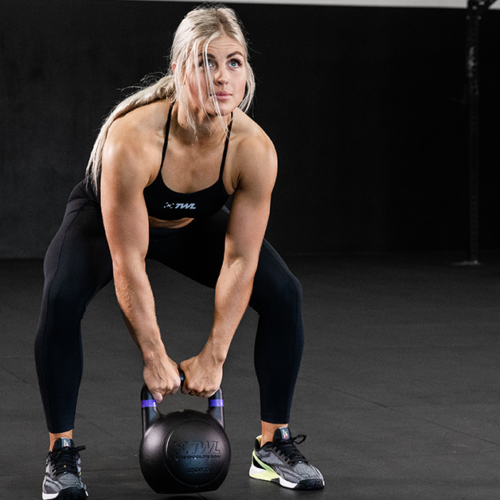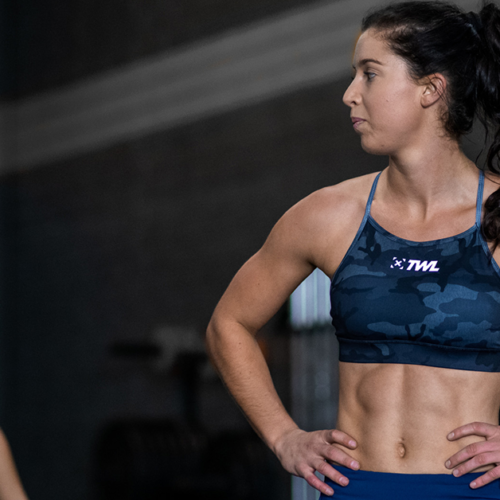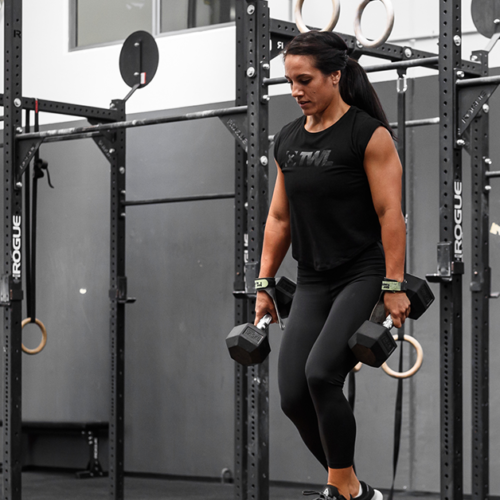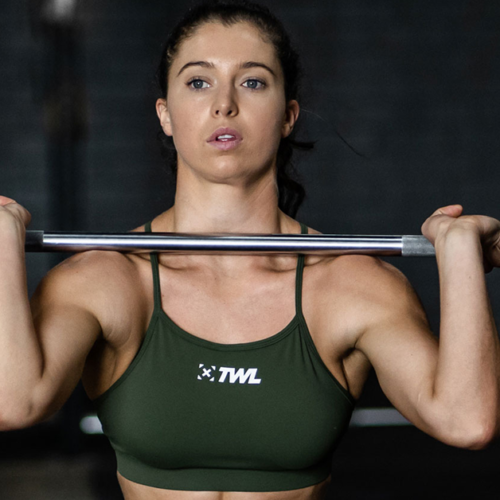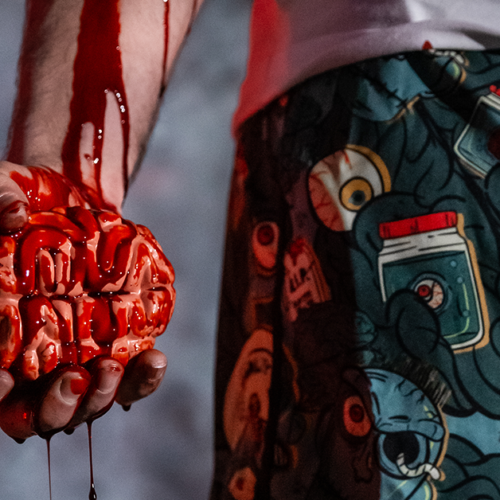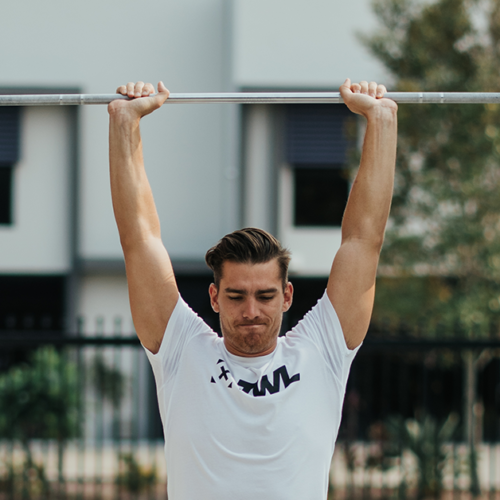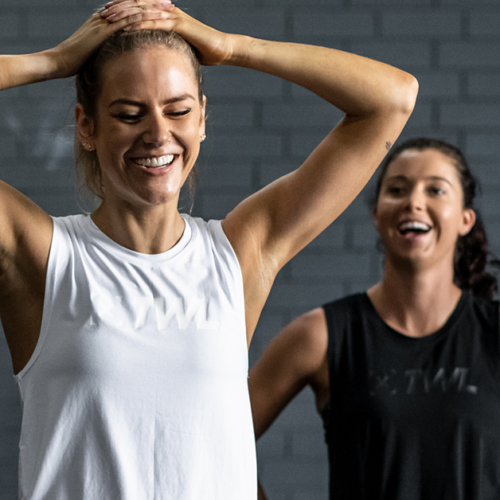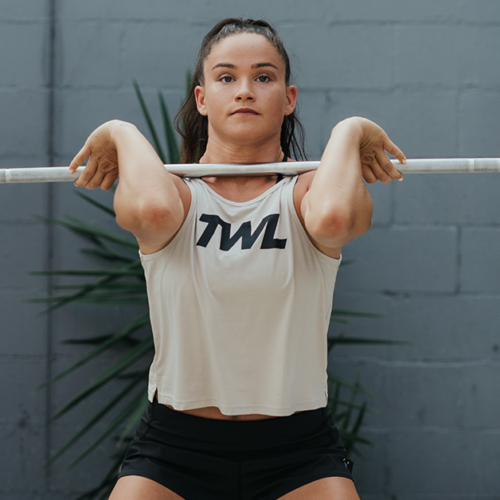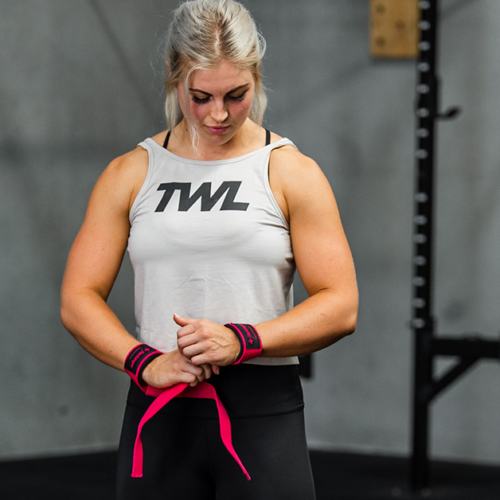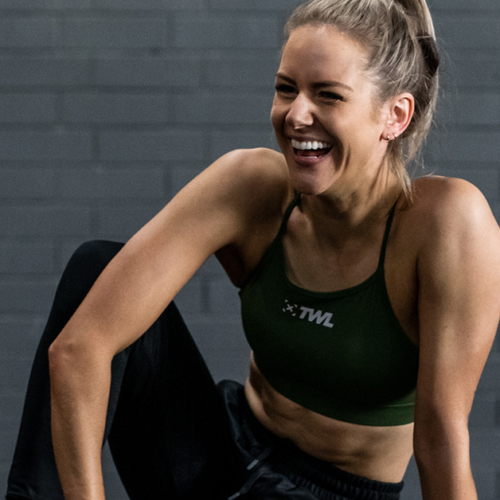Mobility: it’s crucial that athletes maintain and optimise their bodies to ensure they perform at their peak for longer. The WOD Life had the opportunity to catch up with Australia’s Kelly Starrett and Jon Park from WOD Health. Jon shares these five fantastic tips and hints for better mobility.
1. Use mobility to recover and prevent injury, not just once you have pain
Using different mobility tools can help!
- Improve your joint range of motion from chronic poor posture or previous injuries.
- Regain normal joint range and function following intense workouts — this allows you to achieve good positioning in your next WOD.
2. Mobility does not fix everything
Some people mobilise their shoulders repeatedly but complain that they are still getting shoulder pain. In some cases, it is not their shoulder mobility that is the problem but their thoracic spine. In other cases, people are not maintaining good shoulder control during WODs; so no matter how much mobility they do, they keep impinging the joint. Mobilise to restore normal joint range, then control movement to maintain joint function.
3. It’s not always about hip tightness
Are you one of those CrossFitters that always has tight hips — mobilising with bands, massaging a lacrosse ball into the glutes and doing the couch stretch — yet you still have hip tightness? Mobility works, plain and simple; so you are either doing it wrong, or you are moving your pelvis in a way that closes down the front of your hip joint, creating anterior hip tightness as you get deeper into the squat. Go back to basics and check your hip hinge: can you squat without the gap between your pubic bone (top of your pelvis at the front) and sternum changing?
Sometimes, mobilising the hips just allows you to go deeper with poor technique!
4. Do not forget your ankles
Can you place your toes 10cm (4in) from the wall, keep your heels on the ground, knee over the foot and touch the knee to the wall?
The number of CrossFitters working hard to achieve a good squat technique and mobilising every other area of their body but not the ankles is constantly surprising. It is very hard to keep your centre of mass over the middle of your feet if your ankles don’t allow you to move forward. To compensate, you will increase trunk angle or lose midline stability. Either of these will lead to loss of strength and power due to poor efficiency.
5. Your thoracic spine likes rotation as well as extension
The thoracic joints require extension and rotation to function optimally. Your upper back is the most important area needing mobilisation for all overhead activities. You need to achieve good thoracic extension to actively position the shoulder blades for optimal shoulder movement and strength. Thoracic extension and rotation muscles help create tension through the trunk, increasing the midline stability. Optimal thoracic extension and rotation will assist your performance with jerks, handstand pushups, pushups, pull ups and overhead squats, just to name a few.
ABOUT WOD HEALTH
Jon Park is an APA Sports Physiotherapist and a CrossFit addict. Jon has been involved with treating CrossFit related injuries for more than three years and has been a CrossFitter for more than three years.
Jon has been teaching mobility and movement techniques since 2012 to the CrossFit community. These workshops came from the love of CrossFit and the number of preventable injuries that Jon was seeing. These workshops help the individual athlete or coach recognise problematic joint restriction and/or movement patterns that lead to injury and how to correct these problems.
Qualifications
- APA Sports Physiotherapist
- Masters in Sports Physiotherapy
- Certified FMS
- Level 1 CrossFit Trainer
Experience:
- More than 10 years working as a physiotherapist
- Over four years treating CrossFit injuries
- CrossFit addict for more than three years
- Ex AFL physiotherapist for St Kilda FC 2008- 2011
- Current Australian Motocross and Supercross championship physiotherapist
Consulting:
Langwarrin Sports Medicine Centre and Elsternwick Physiotherapy Centre

